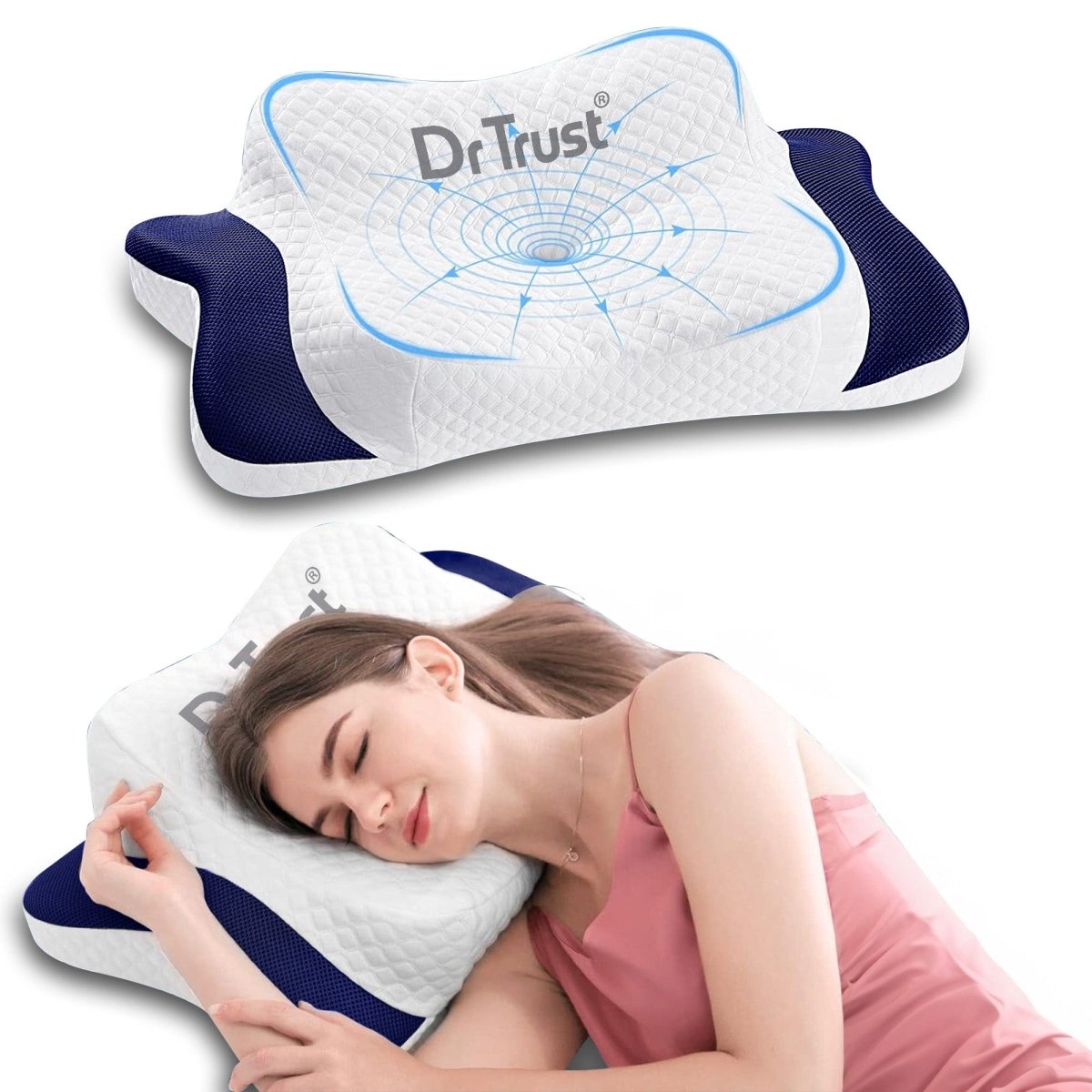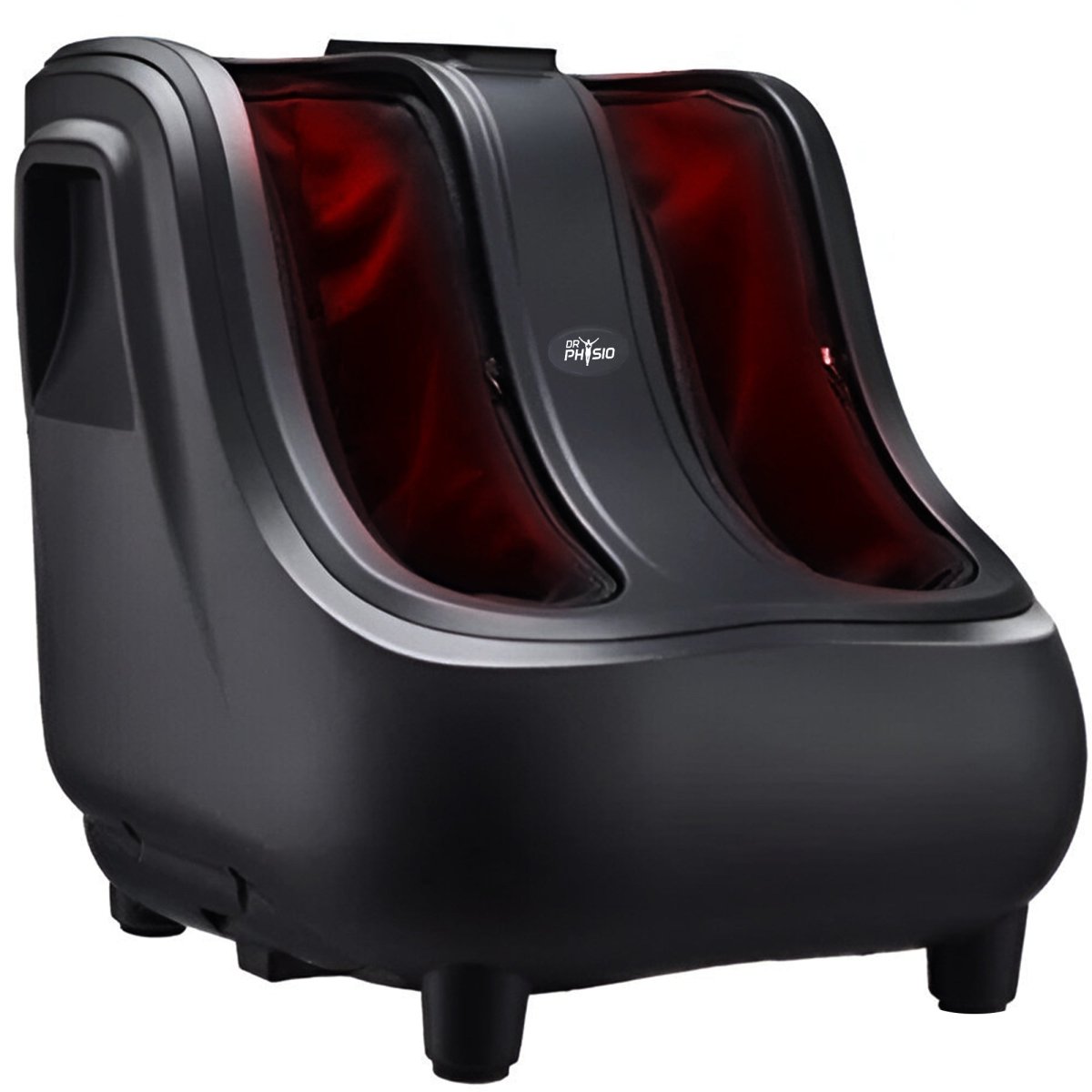In recent years, the healthcare industry has experienced a significant transformation driven by smart technology and digital advancements. The emergence of smart home healthcare solutions has revolutionized patient care, offering convenience, accessibility, and improved outcomes. Let's know about the current market trends and projections which are shaping the Smart Home Healthcare Market.
Understanding Smart Home Healthcare
What is smart home healthcare? Well, smart home healthcare encompasses an ecosystem of technologies embedded within the home environment to facilitate in-home care for various individuals, including the elderly, outpatients, and those with disabilities. This ecosystem comprises sensors and devices that monitor medical parameters, ensuring better healthcare services and enhancing quality of life. From alert systems to smart watches, glucose monitoring devices, oximeters, and fall prevention systems, these innovations empower individuals to manage their health proactively.
Market Insights
Global Market
According to recent market research, the global smart home healthcare market was valued at $4.81 billion in 2021 and is projected to reach $11.22 billion by 2031, growing at a CAGR of 8.8% from 2022 to 2031.

Indian Market
The India home healthcare market, valued at USD 8.8 billion in 2022, is projected to grow at a CAGR of 19.29% from 2023 to 2030.
70% of seniors in India suffer from chronic diseases, driving demand for home healthcare services with nursing homes, and hospitals.
Therapeutic equipment held a 42.57% market share in 2022, with home respiratory therapy equipment dominating due to the rising prevalence of chronic diseases like COPD.
Driving Factors Behind Smart Home Healthcare Market Growth
The smart home healthcare market is witnessing rapid expansion, fueled by various compelling factors. Firstly, the widespread adoption of smartphones and connected devices has revolutionized healthcare accessibility. These technologies empower individuals to monitor and manage their health remotely, reducing reliance on frequent hospital visits.
The availability of technology-enabled home care services is on the rise, catering to the needs of an aging population in India. Projections indicate that by 2051, 17% of India's population will be over 65 years old, emphasizing the significance of accessible healthcare solutions.
Additionally, the market is driven by the increasing demand for superior postoperative and primary care, spurred by advancements in technology and rising disposable incomes. As lifestyles evolve, there's a noticeable shift from communicable diseases to lifestyle-related health concerns, further propelling market growth.
Moreover, the surge in chronic diseases alongside an aging population has amplified the demand for personalized, in-home healthcare services. Smart home healthcare solutions emerge as a cost-effective and convenient alternative to traditional healthcare settings, especially for long-term care and continuous medical supervision.
Challenges and Opportunities
While the smart home healthcare market presents immense opportunities for growth, it also faces challenges. Fluctuations in reimbursement policies and concerns regarding privacy and security pose potential obstacles to market expansion. However, advancements in technology, particularly in artificial intelligence and connected devices, and the initiatives like Home Healthcare 2.0, launched by the Healthcare Federation of India in January 2022 continue to drive innovation and address these challenges. Also, private insurers are expanding coverage for home healthcare services. Max Bupa Health Insurance and Religare Health Insurance offer coverage for home care services prescribed by doctors.
Market Segmentation And Scope
The Smart Home Healthcare Market has a broad scope, categorized by technology, product, service, and indication.
Product Segmentation: Products are categorized into testing, screening, and monitoring products, therapeutic products, and mobile care products. Testing and monitoring products include a wide range of devices such as blood glucose monitors, blood pressure monitors, pulse oximeters, and more. Therapeutic products encompass oxygen delivery systems, nebulizers, ventilators, and other medical devices. Mobile care products include wheelchairs, walkers, and mobility scooters, among others.
Technology Segmentation: The market is divided into wired and wireless technologies, reflecting diverse connectivity options for smart home healthcare solutions.
Related read : Top 5 Types of Health Monitoring Devices and Health Gadgets for Your Well-being
Service Segmentation: Services offered in the smart home healthcare market include skilled nursing services, rehabilitation therapy services, hospice and palliative care services, and more. These services cater to various healthcare needs, ensuring comprehensive care for patients in their homes.
Indication Segmentation: The market is segmented based on indications such as cardiovascular disorders, hypertension, diabetes, respiratory diseases, pregnancy, mobility disorders, cancer, and more. This segmentation enables targeted healthcare solutions tailored to specific medical conditions.
All these segments of the Smart Home Healthcare Market provides valuable insights for stakeholders, facilitating strategic decision-making and identifying core market applications.
Key players in the smart home healthcare market include Apple Inc., Roche Ltd., General Electric, Medtronic, Samsung, Philips, and others. These companies are at the forefront of innovation, developing innovative solutions to meet the evolving needs of patients and caregivers.
For an in-depth analysis of the home healthcare landscape in India, explore the detailed report titled "Home Healthcare: An Emerging Phenomenon in India." This report offers valuable insights into the current trends, challenges, and opportunities within the home healthcare sector in India, highlighting key factors driving its growth and the impact of recent governmental and industry initiatives.
Bottom Line
The smart home healthcare market is poised for significant growth, driven by technological advancements, demographic trends, and changing consumer preferences. As the market continues to evolve, stakeholders must focus on addressing challenges, fostering innovation, and ensuring the accessibility and affordability of smart home healthcare solutions. By leveraging the power of smart technology, the healthcare industry can usher in a new era of patient-centric care, improving health outcomes and enhancing quality of life for millions worldwide.














2 comments
insuredirect.com
The insights shared here on the rapid growth of the smart home healthcare market are very timely. With India’s aging population and rising cases of chronic diseases, the adoption of connected health devices and in-home care solutions is set to play a transformative role. What stands out most is how innovation, AI, and insurance support are making healthcare more accessible and personalized. For those exploring more about coverage and options in this space, https://insuredirect.com
offers useful resources on insurance and healthcare solutions.
The insights shared here on the rapid growth of the smart home healthcare market are very timely. With India’s aging population and rising cases of chronic diseases, the adoption of connected health devices and in-home care solutions is set to play a transformative role. What stands out most is how innovation, AI, and insurance support are making healthcare more accessible and personalized. For those exploring more about coverage and options in this space, https://insuredirect.com
offers useful resources on insurance and healthcare solutions.
Lifekare
Excellent article! The innovations in smart home healthcare are truly game-changing. Appreciate the deep insights into tech-driven patient care advancements.
Excellent article! The innovations in smart home healthcare are truly game-changing. Appreciate the deep insights into tech-driven patient care advancements.